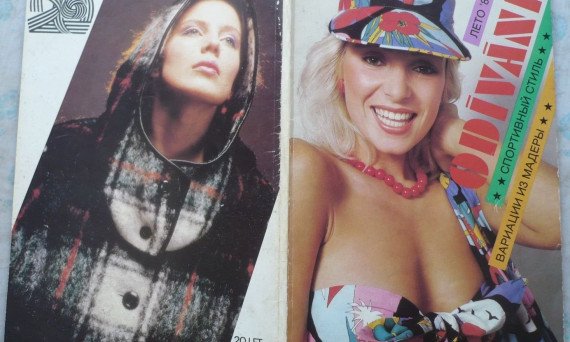Did women have better sex under socialism? While individual experience may vary, we can get a vivid picture from expert discourses on female pleasure and male deviance, from state policies and expert input into these policies, together with responses by people who were subject to all these interventions.
This talk approaches sexuality as one of the most important terrains in the larger societal project of modernity. By tracing sexual tropes, mores and practices as they change across time and place, one can grasp the changing accents of modern societies. Adding science, the utmost contemporary social authority, creates a potent mix that forms one of the foundations of our everyday world. This talk analyzes sexuality, intimacy and gender as these were formed by sexology and related forms of expertise under state socialism in Czechoslovakia. Using a time-sequence analysis of expertise (Haydu 1998, Eyal 2013), I argue that there were two distinct approaches to sexuality, intimacy and gender during the forty years of communism. I combine the breadth of archival material produced by experts (e.g. sexological papers for the medical community, their writings for the general public, expert advice to the government or courts) with the ways in which this expertise was adopted by the people (e.g. arguments during divorce proceedings, letters to the government or to the media). I show how during the 1960s, accentuating the idea of a “public family” with the equal gender roles that had been typical in the long 1950s, gave way to the “private family” with rather traditional gender roles that came to define the late-socialist era of Normalization.
Illustration: Magazine "Odivani" (Czechoslovakia), summer 1988
